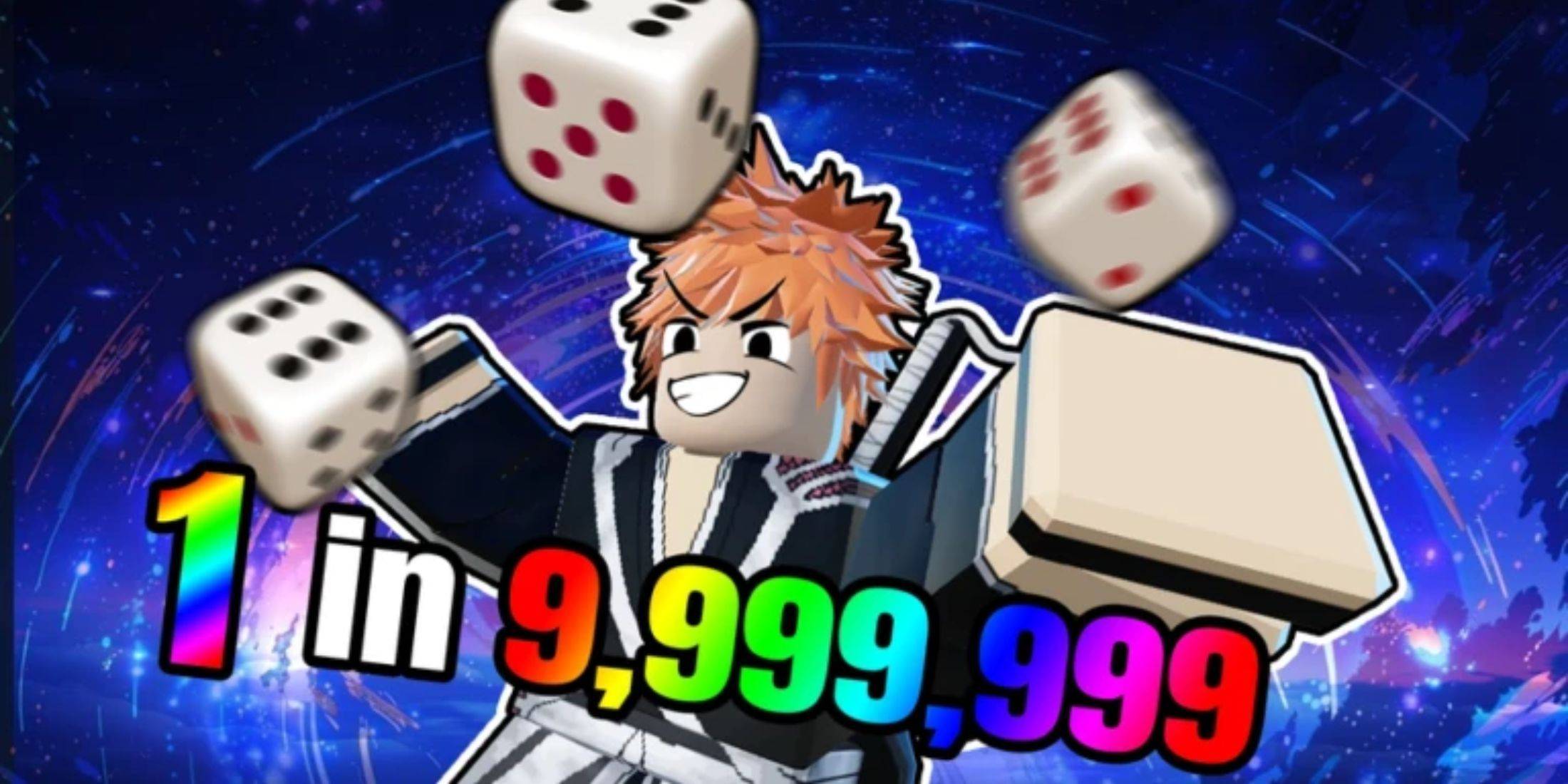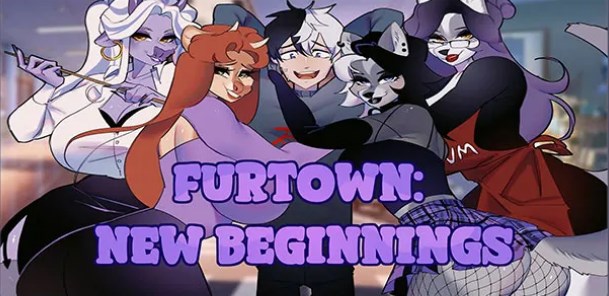The narrative of Monster Hunter is often underestimated due to its seemingly straightforward nature, but is it really that simple? Let's dive deeper into the themes and stories that weave through this beloved series.
← Return to Monster Hunter Wilds' main article
Evolution of Narratives in Monster Hunter
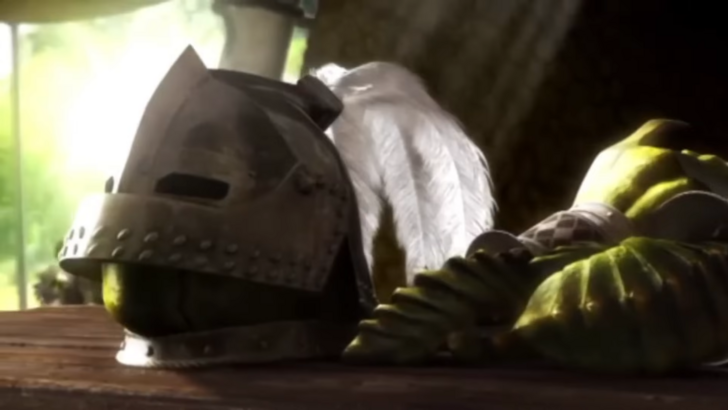
The Monster Hunter series may not be primarily narrative-driven, and many fans, including myself, would agree that its focus has traditionally been elsewhere. Yet, that doesn't mean its stories are non-existent. The mission-based structure often overshadows the narrative, leading some to view it as merely a cycle of hunting for money, fashion, and sport. However, a closer look reveals a rich tapestry of themes and stories that merit a deeper exploration.
How It All Starts
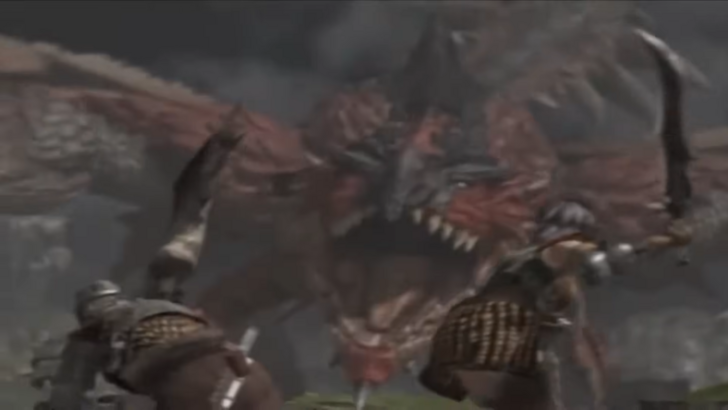
Each Monster Hunter game typically follows a familiar pattern: you begin as a novice Hunter, taking quests from the village elder or leader, and gradually ascend to become the top-ranked Hunter in your locale. As your rank increases, you're able to challenge more formidable monsters, culminating in a showdown with the game's final boss, such as Fatalis in the original Monster Hunter. This cycle remains consistent, even as newer games like World, Rise, and their expansions introduce a more structured storyline.
Protecting the Natural Order

A recurring theme in the series is the Hunter's role as a guardian of the ecosystem. For instance, in Monster Hunter 4, the Gore Magala's Frenzy Virus threatens to disrupt the natural balance, turning monsters aggressive and feral. You're tasked with eliminating this threat to restore equilibrium. However, games like Monster Hunter: World and Iceborne delve deeper into the complexities of human-nature interactions. The endings of these games highlight humanity's role in maintaining balance, yet also underscore the need for humility and learning from nature's own mechanisms. Nergigante's role as a natural regulator in Iceborne, for example, challenges the player's understanding of their place in the ecosystem.
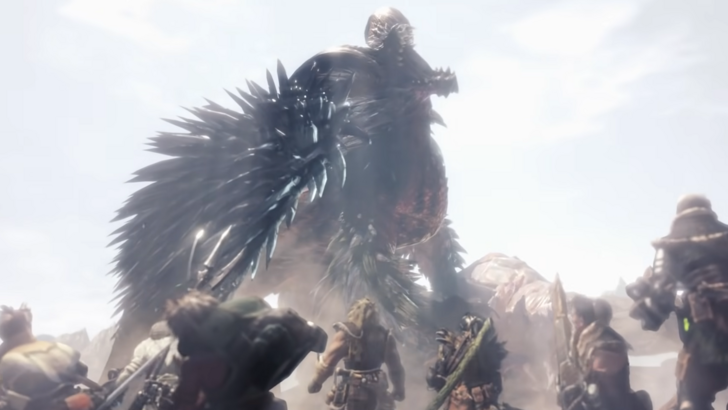
The base game of Monster Hunter: World positions the Hunter as a "Sapphire Star," a guiding light inspired by the in-game creation myth, The Tale of the Five. This signifies the Hunter's role as a guardian in the New World. In contrast, Iceborne's more somber ending prompts reflection on the true impact of human actions, suggesting that nature will continue to thrive, with or without our intervention.
Monster in the Mirror
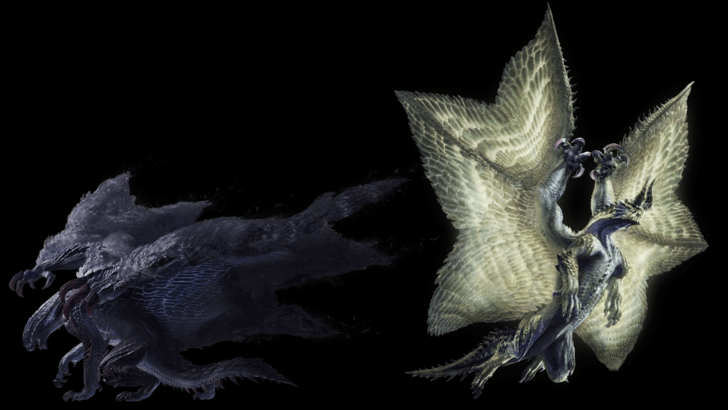
The narrative often mirrors the player's progression. In Monster Hunter 4, defeating the Gore Magala only leads to the emergence of the Shagaru Magala, illustrating the continuous cycle of challenge and growth. This theme is further explored with monsters like Ahtal-Ka in Monster Hunter Generations Ultimate.
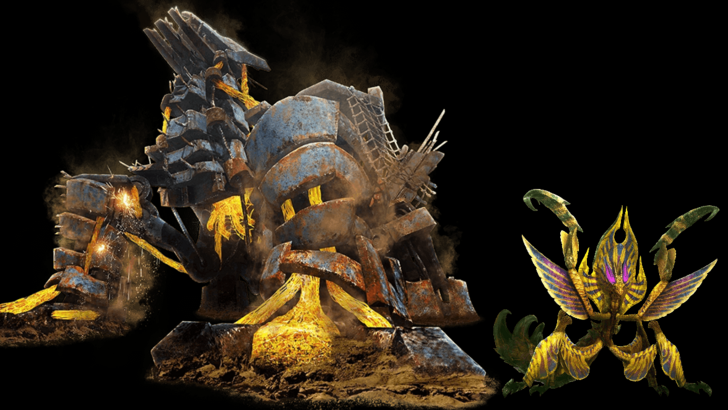
Ahtal-Ka, a seemingly unassuming bug, transforms into a formidable final boss by piloting a mechanical creation made from battlefield scraps. This fight reflects the ingenuity of Hunters, as Ahtal-Ka uses tools like Dragonators and steel beams, even wielding a giant wheel as a weapon. Its adaptation and use of human technology highlight the thematic narrative of nature's resilience and adaptability, suggesting that monsters evolve in response to the Hunters themselves.
Man Versus Wilds: Your Story
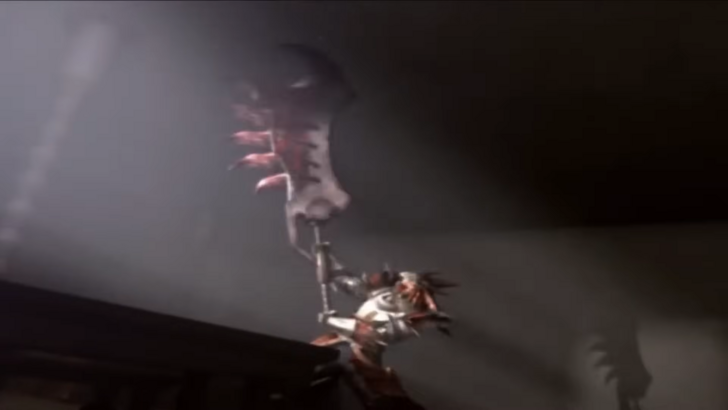
So, what is Monster Hunter really about? At its core, it's about the player's journey of growth and overcoming challenges. Similar to the Souls series, the thrill comes from facing and conquering what seems impossible. A classic example is the introduction of Tigrex in Monster Hunter Freedom 2. Starting with weak gear, the player's initial encounter with Tigrex is a humbling defeat, setting the stage for a journey of improvement and eventual triumph.
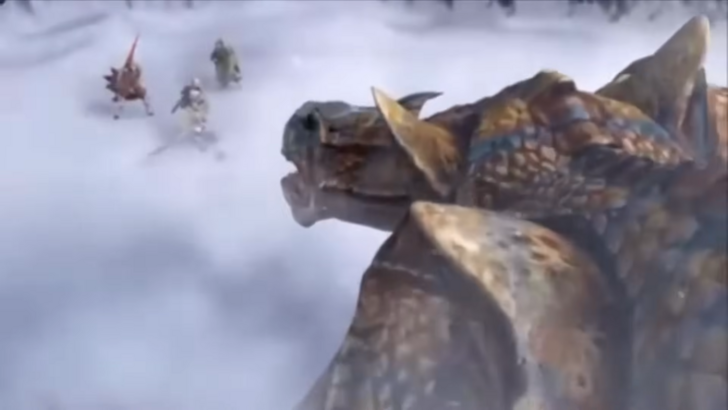
As you progress, you return to the Snowy Mountains to face Tigrex again, this time with the skills and gear to succeed. This narrative arc embodies the game's theme of overcoming adversity and personal growth. Each player's journey is unique, with moments like my own victory over Yian Garuga in Monster Hunter Freedom leaving lasting impressions.
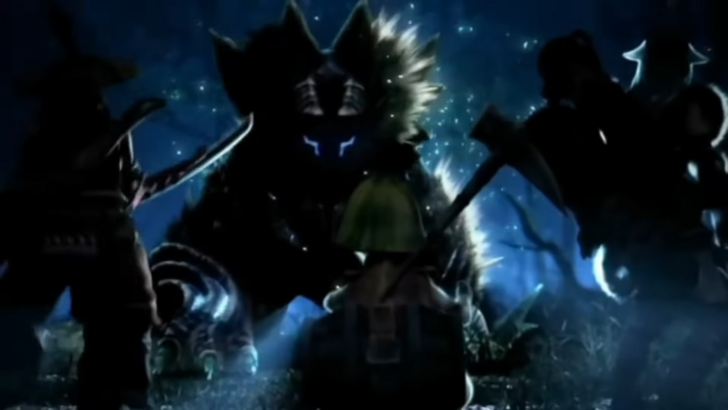
While newer titles like Wilds are shifting towards more structured narratives, the essence of Monster Hunter remains the same: a personal journey of challenge and mastery that resonates deeply with players. The series may not boast the most intricate stories, but it excels in crafting an engaging and memorable experience for each player.


